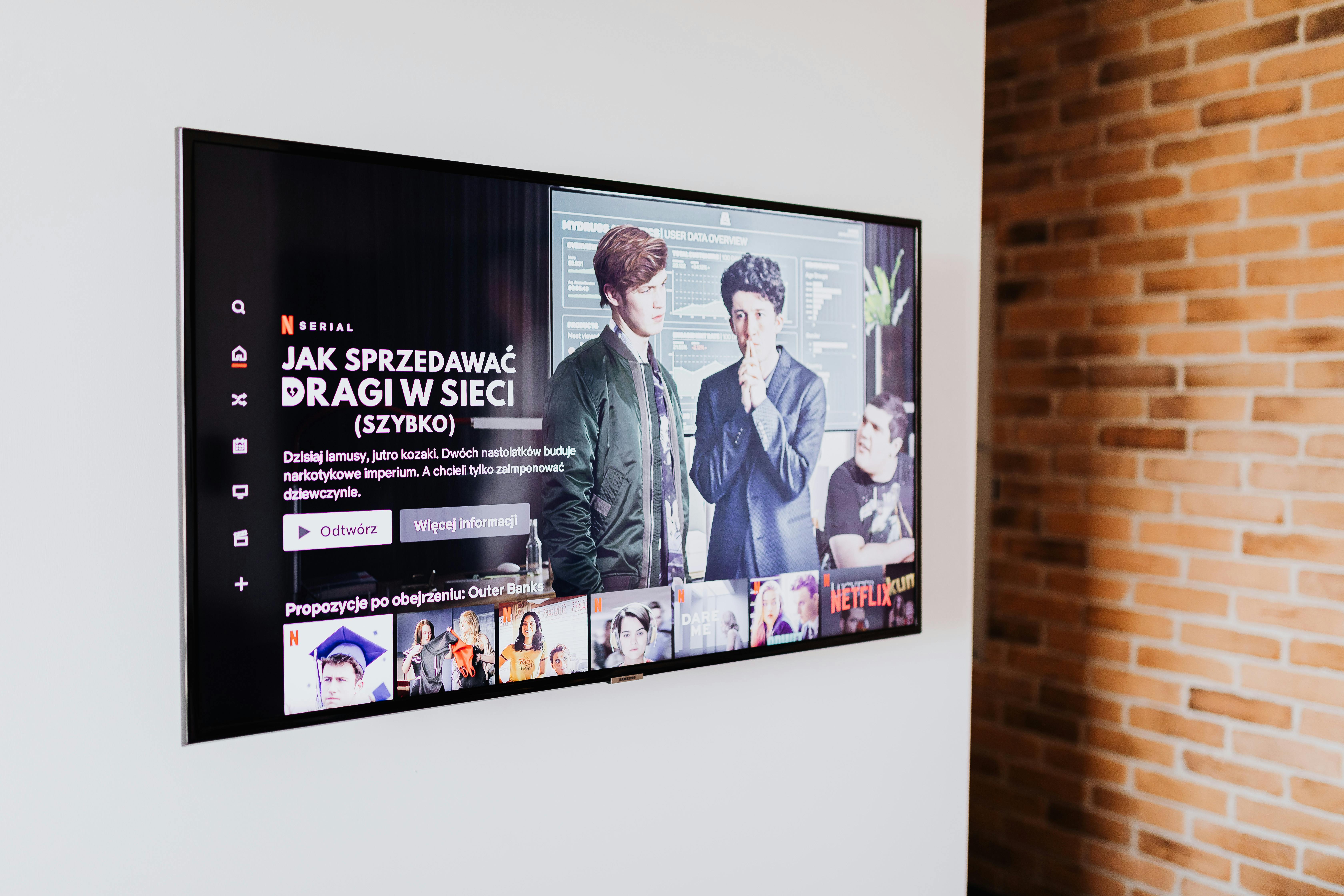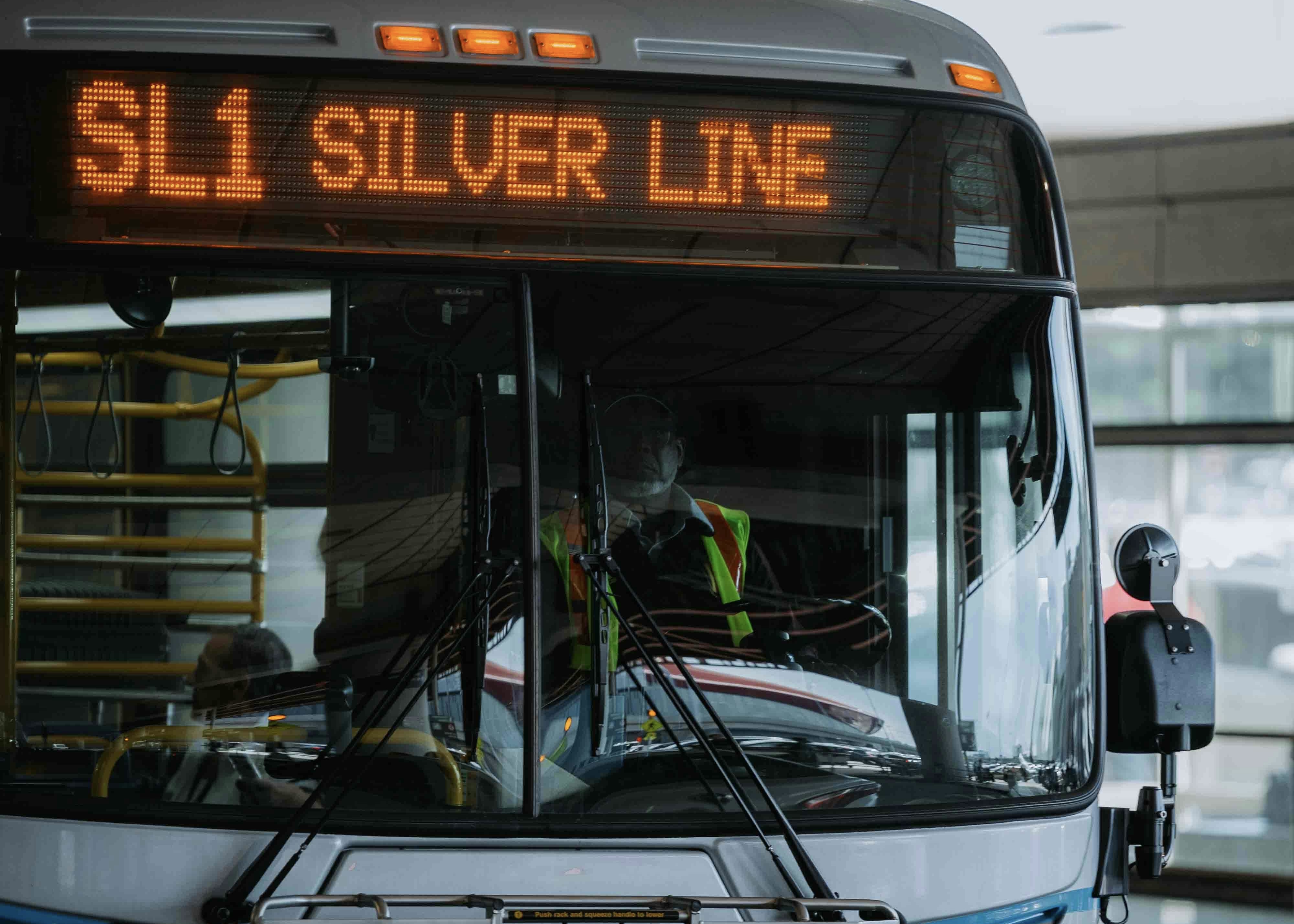Another Cable Company Shutting Down: 2024 & 2025 – Who and Why
A look at recent trends and future predictions about cable TV operators folding, merging, or rebranding—and what it all means for consumers.
Introduction
Over the last decade, streaming platforms and changing consumer preferences have put significant pressure on cable TV providers. The years 2024 and 2025 mark critical points for many smaller or regional operators, who are finding it increasingly difficult to stay competitive. While major names such as Comcast, Charter, or Cox are largely pivoting to broadband and live TV streaming bundles, a number of smaller brands are facing outright shutdowns, sell-offs, or brand retirements.
This combined article breaks down the state of cable TV in 2024—highlighting which companies have already folded or scaled back—and then looks ahead to potential shutdowns or mergers in 2025. We’ll examine:
- The industry context that’s making traditional cable TV less viable
- Which local or regional operators are closing or likely to exit
- How infrastructure costs and content fees are forcing companies to reconsider cable
- Tips for subscribers on navigating the shifting landscape
By the end of this guide, you’ll have a clear picture of why cable is shrinking, who’s most vulnerable, and how you can adapt if your local provider decides to shut down.
The 2024 Cable TV Environment
Heading into 2024, multiple smaller or regional cable operators began announcing partial shutdowns or brand retirements, driven by a mix of cord-cutting, competitive streaming services, and economic pressures. While “big cable” players like Comcast or Charter keep pivoting to broadband, local operators have struggled to keep up with rising content fees and limited subscriber bases.
1. Intensified Competition from Streaming
Platforms like Netflix, Disney+, and Amazon Prime Video have lured away millions of subscribers from traditional TV. Meanwhile, “skinny bundles” like YouTube TV and Hulu + Live TV mimic standard cable lineups for cheaper monthly costs and flexible, no-contract models.
2. Rising Operational Costs
In 2024, carriage fees for popular networks and sports channels continued to rise. Smaller cable providers lack the leverage of national giants to negotiate better deals, often making these costs unsustainable.
3. Cable Infrastructure Upgrades
To stay competitive, cable operators must offer robust internet speeds. Upgrading networks to DOCSIS 4.0 or fiber is capital-intensive—feasible for large telcos, but often out of reach for smaller systems serving fewer households.
4. Economic Pressures
Lingering inflation and cautious consumer spending have made families more likely to ditch expensive cable bundles. Even a modest drop in subscribers can devastate a local operator’s revenues.
Who Actually Shut Down or Scaled Back in 2024?
Although there wasn’t a single, large-scale nationwide shutdown, several smaller co-ops and local cable operators did exit the market. In some Midwestern states, for example, a cable operator with under 50,000 subscribers notified customers it would discontinue all TV packages by year’s end. The official statement cited soaring content fees and a shrinking subscriber base as key factors.
Elsewhere, certain brands have “quietly” sold off customers to larger regional carriers or rebranded to focus on internet services, effectively sunsetting their cable offerings.
Looking Ahead to 2025: Who Might Be Next?
With 2024 setting the stage, 2025 is poised to bring further closures or consolidations—especially for providers lacking the resources to upgrade networks or renegotiate pricey carriage contracts.
1. Smaller Regional Cable Operators
Local co-ops or companies under the 100,000-subscriber threshold are especially vulnerable. They often depend on loyal local markets, but cord-cutting and expensive sports programming fees may overwhelm them by 2025.
2. Spin-Offs and Sell-Offs
Larger telecoms might shed older, unprofitable rural cable systems to focus on higher-density markets or fiber expansions. When a buyer doesn’t step in, these rural cable systems may effectively shut down or pivot solely to internet.
3. Investor Pressure
Some mid-tier operators are partially owned by private equity or investor groups expecting high returns. In an environment of rising interest rates and slow subscriber growth, these investors may push for offloading TV divisions.
Why 2025 Might Be a Make-or-Break Year
- Content Licensing Fees: Renewals with ESPN, Disney, and other networks typically involve big cost jumps.
- Next-Gen Broadband Rollouts: Larger ISPs are investing heavily in advanced cable or fiber. Smaller brands may lag behind or opt out entirely.
- Subscriber Erosion: Each year, more households turn to streaming-only setups, chipping away at cable’s already diminishing subscriber base.
Impact on Consumers and What to Do
For viewers in areas served by vulnerable cable companies, 2024 and 2025 changes can pose challenges—but also open new doors. Here’s how:
1. Possible Service Gaps
If a local provider shutters, you may lose unique local channels or face fewer TV/broadband options. Check for satellite or streaming alternatives.
2. Rates and Bundle Changes
Acquisitions or brand overhauls often lead to updated pricing, promo structures, and packaging. Review your monthly bill and compare with competing services.
3. Equipment Returns
Should your cable provider exit, you’ll need to return cable boxes or DVRs. Keep an eye out for official notices to avoid penalty fees.
4. Opportunities for Upgrades
Sometimes, a shutdown in one area prompts a new fiber provider or a 5G home internet operator to step in. You could snag better speeds—or cheaper streaming options—once the dust settles.
5. Negotiate or Go Streaming
If you still prefer linear TV, see if your provider or a competitor offers bundle discounts. If not, consider a combination of streaming services + an antenna for local channels.
Tips for Navigating Cable Shakeups
- Stay Informed: Watch for provider emails, local news, or official mailers about service changes.
- Compare Plans: Look at fiber, satellite, or streaming if you suspect your cable company may exit.
- Bundle Wisely: Internet-focused deals might save you money—especially if you don’t need 200+ TV channels.
- Read the Fine Print: Contracts, data caps, and promo end dates can catch you off-guard.
- Anticipate 2025: Even if you dodge 2024 shutdowns, keep an eye on how your provider handles looming carriage fee negotiations and infrastructure upgrades.
Related Topics
-
Top 5 Cable Companies: Which is Your Match?
Unsure which providers are still thriving? Compare major cable players, their coverage, and perks. -
5 Reasons You Still Need Cable TV
Even amid cord-cutting, cable can serve certain needs—sports, local channels, or all-in-one convenience. -
The Basics of Cable Internet Contracts
Prepare for possible contract shifts as operators merge or restructure. Learn how to navigate promos and hidden fees.
Conclusion
The years 2024 and 2025 are shaping up to be pivotal for cable TV. While massive names aren’t likely to vanish outright, regional and smaller operators who can’t afford expensive carriage fees or network upgrades are under immense strain. For consumers, that means staying alert for announcements, comparing available broadband and streaming options, and preparing to pivot if your cable provider pulls the plug on TV.
Ultimately, cable’s downturn reflects a broader shift in how audiences consume content—whether it’s Netflix marathons, skinny-bundle live TV, or a combination of streaming services and an OTA antenna. As you weigh your next steps, keep an eye on local developments and be ready to explore new ways to watch your favorite shows. If you’ve been through a cable shutdown or foresee one in your area, feel free to share your story and advice in the comments.




